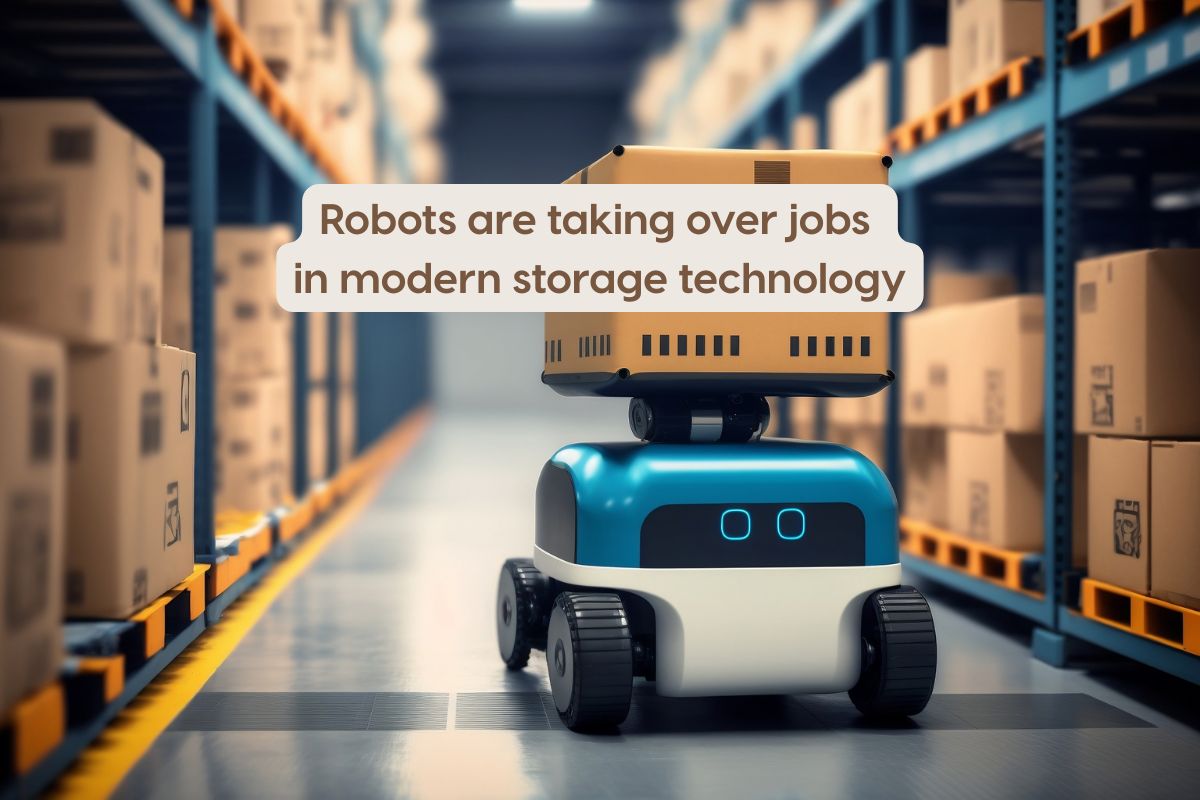Physical work in warehouses is relatively easy to automate, and companies are increasingly looking to exploit this potential in the coming years. The future looks bright for companies producing robots. Investors should consider buying their shares.
According to the latest survey by market research firm UBS Evidence Lab, shipping companies that also deal with logistics or warehouse logistics will accelerate their spending on warehouse automation in the coming years. This April–May, the survey was conducted for the sixth time under the title ‘Global Warehouse Automation Business Survey’.
The trend is being driven by the increasing sophistication of robotics technology and labour shortages, according to 130 decision makers in North America, Europe and Asia who responded to the survey. Two-thirds of respondents’ companies plan to increase their capital investment in warehouse automation within the next year.
On average, they plan to increase their budget by five percent. Retailers and e-commerce companies are the main ones looking to improve their warehousing infrastructure through automation, but wholesalers and manufacturing companies have also become more open to it over the past three years. Improving the visual recognition capabilities of machines is a prerequisite for change.
Robots can read barcodes and navigate their environment
The survey showed that machine vision means more than just the ability to read barcodes and QR codes; it also involves robots being able to navigate their environment autonomously. 56% of managers expect their company to increase investment in machine recognition. This proportion is higher than in previous surveys.
While 62 per cent of companies have installed some form of code recognition system, only 36 per cent use machine vision technology with better capabilities. This indicates room for growth, which bodes well for companies involved in this technology.
These include Cognex in the US (the market leader), Keyence in Japan, and Hikvision in China. Zebra Technologies is expected to remain the leader in barcode reading technology, but could also become a dominant player in the sale of mobile robots.
Mobile robots, especially Autonomous Mobile Robots (AMRs), could spread rapidly to warehouses. Companies are looking for flexible solutions. They dislike ‘bolt-on’ devices. They are trying to avoid expensive fixed infrastructure.
In a recent survey, 91% of respondents reported that their company plans to deploy mobile robots. This is also a much higher proportion than in previous surveys.
Despite the rapid progress of automation, it is still in its infancy and has a long way to go.
According to a UBS survey, despite the growing adoption of AMRs, there is still room for improvement as warehouse automation is still in its early stages. Analysts say that the general rise in wages in the logistics sector is a key driver of developments including AI.
Continued investment in automation is expected until 2030 as a result. The survey also found growing interest in AI-based solutions for warehouse layout, i.e. the arrangement of goods in warehouses and the planning of transport corridors.
LogMASter’s competitive service from the Far East
Our rail freight services from China with short transit times!
Need just a few pallets of goods from your Chinese supplier urgently?
We will import your shipment from China and deliver it to your door with customs clearance in 18 days!
Contact our colleagues at sales@logmaster.eu!
